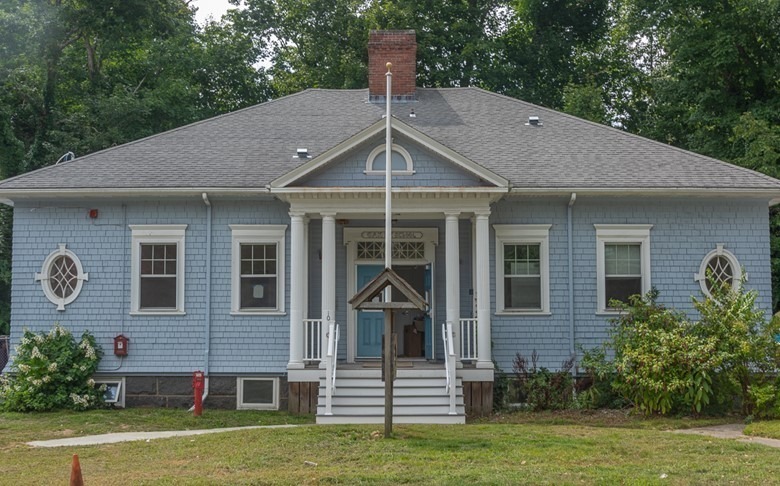The conversion of the former Oak Street elementary school into affordable housing – a project plagued by a string of cost overruns – appears to be headed for a construction audit.
The work has totaled nearly $1.2 million for three small apartments, much more than the $475,000 in Community Preservation funds Town Meeting initially approved in 2021.
“Anytime we have a project that ends up twice as expensive, we should look into it, at least,” said committee member Brian Dunn. “Obviously, something went wrong somewhere.”
The Plymouth Advisory and Finance Committee voted 13-0 last week to request that the Select Board direct the town manager to hire a firm to conduct an audit.
Committee member Joseph Lalley, who also serves on the Building Committee, said the Housing Authority hopes to open the building to tenants on Dec. 1.
Some 1,320 seniors and 187 veterans applied for the one-bedroom apartments. Chris Plourde, the Housing Authority’s executive director, did not immediately respond to questions about whether tenants have been selected and how much the rent will be.
At the Nov. 20 meeting of the Advisory and Finance Committee, Lalley said it was his understanding that shortcuts were taken in the architectural and engineering phase of the project. In particular, he said, no engineering drawings were made. Lalley said many of the problems found on the final inspection would have been caught earlier if engineering drawings had existed. He did not elaborate.
David Peck, chair of the Building Committee, agreed that the lack of engineering drawings made it difficult to spot problems early on. For example, he said, if drawings had been presented to the water and sewer department at the beginning of the process, the Housing Authority would have been told it needed to change the sewer pipe size from four inches in diameter to six.
Lalley said he believes that a construction audit will determine where the money went.
“It appeared that some money juggling was going on,” he said. “I don’t think that there’s anything improper,” he said, adding that it was a complicated job.
“There were lots of surprises that people were learning from the building inspector,” he said.
Select Board member Kevin Canty, a longtime skeptic of the Oak Street project, said an audit would be one way to ensure that the town does not overspend on a building conversion project again. He cited the Symes House in Manomet as another example of the complications involved in turning an old building into housing. That work also was funded through Community Preservation funds. It combined historic preservation, open space, and two affordable apartments.
“There’s so many restrictions on it with the historic [status], the existence of affordable housing tenants upstairs, and the open space, restricting what you can do with the grounds that the town is having a tremendous problem finding a useful purpose for it for any length of time.”
Canty hopes the town will not invest any more money into renovating historic buildings for housing because the cost is prohibitive.
In September, Canty – along with Select Board member David Golden – voted against spending an additional $140,000 in American Rescue Plan Act money to finish the Oak Street work. The measure passed by a 3-2 vote, with the other three board members saying it was too late to not complete the project.
“The units that went into Oak Street are basically walk-in closets with bathrooms and they cost about as much as a market-rate house would have when the project was initially approved,” Canty said, about $400,000 per unit.
Canty expects the Select Board in December to decide whether to order an audit.
Fred Thys can be reached at fred@plymouthindependent.org.

